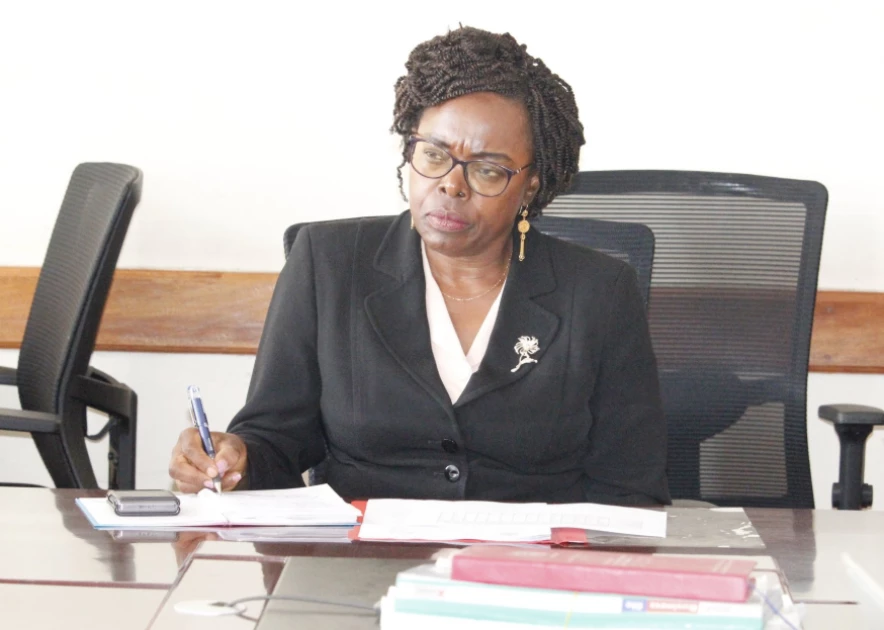
‘You Can’t Spend What You Don’t Have!’ Governors Slam Controller of Budget Over Corruption Allegations


The Council of Governors Chairperson, Ahmed Abdullahi, has fiercely criticized Controller of Budget Margaret Nyakang’o following the release of her report detailing alleged financial misconduct in counties. The report claimed Governors were running hundreds of questionable bank accounts to obscure irregular expenditures and accused some counties of spending nothing on development projects.
Abdullahi dismissed the allegations as “sensational and misleading,” accusing Nyakang’o of creating unwarranted public uproar instead of addressing the systemic challenges facing devolved units.
Nyakang’o’s report highlighted troubling claims, including Baringo Governor Benjamin Cheboi operating 292 bank accounts, most linked to health facilities, and Bungoma Governor Ken Lusaka reportedly managing 300 accounts, many of which were allegedly outside the Central Bank of Kenya’s oversight. Ten counties, including Nairobi, Kajiado, and Uasin Gishu, were flagged for zero spending on development during the same period.
In a heated response, Abdullahi defended the existence of multiple bank accounts, emphasizing that they were legally established and essential for county operations. He explained that health departments, for instance, require numerous accounts to manage revenue and expenditure for the thousands of health facilities under county governments.
“These accounts are in line with the Facility Improvement Financing Act, 2023, which mandates health facilities to operate revenue accounts in commercial banks. Currently, counties have over 7,000 health facilities, and the number of accounts matches the scale of operations,” Abdullahi stated.
The Wajir Governor further explained that some counties are required to open special-purpose accounts to manage funds from external development partners. These accounts ensure that conditional grants are used strictly for specific projects, as required by donors.
On the issue of zero spending on development, Abdullahi pointed to chronic delays in fund disbursements from the National Treasury as the root cause. According to him, the Treasury’s delay in releasing funds left counties with no resources to implement projects or provide essential services. He revealed that:
•July allocations were only released on September 24, 2024, after an 85-day delay.
•August funds followed on October 17, 78 days late.
•Subsequent allocations for September and October also faced significant delays.
Abdullahi lamented that counties had to resort to short-term loans from commercial banks just to pay salaries and keep essential services running. “You cannot spend what you do not have,” he said, stressing that the blame should lie with systemic inefficiencies rather than county administrations.
The Council of Governors also accused Nyakang’o of overstepping her role and unfairly targeting county governments. “The Controller of Budget has continued to scandalize counties while being fully aware of the challenges posed by delayed disbursements. Her actions are unwarranted and unprofessional, creating unnecessary agitation among the public and media,” Abdullahi said.
The tension between county governments and the Controller of Budget raises important questions about the financial management of devolved units. While Governors defend their actions as lawful and necessary, many Kenyans remain concerned about accountability and the proper use of public funds. The public will undoubtedly continue to demand clarity and solutions to the financial challenges hampering service delivery in counties.
Article By Suzy Nyongesa.
